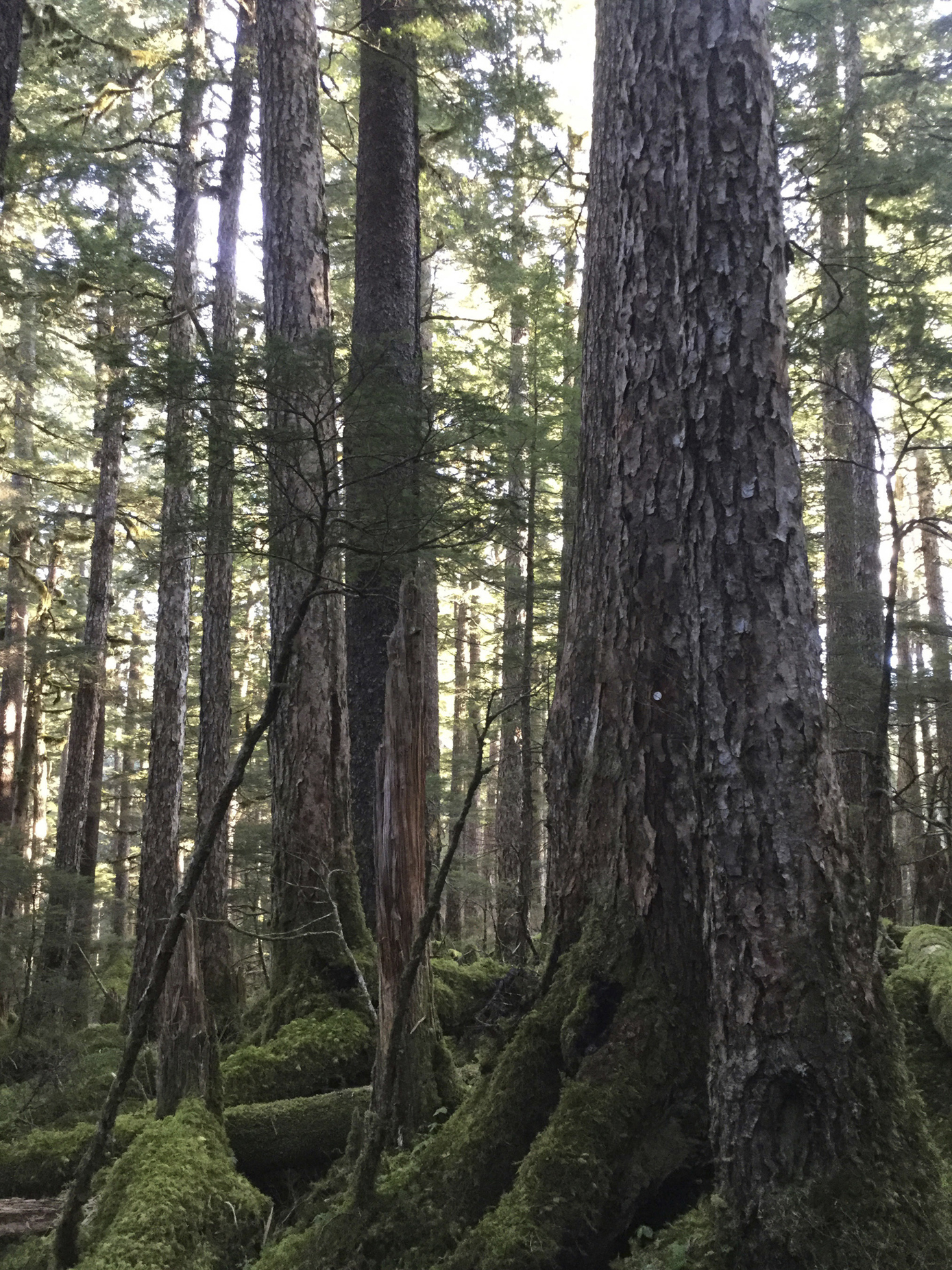ANCHORAGE — An undeveloped Alaska coal field, California’s offsets for carbon pollution and thousands of acres of forest are the unlikely players in a complex agreement that is expected to generate millions for an Alaska Native organization.
The agreement protects the land from development and sets up financial benefits for the Chugach Alaska Corp., a regional Alaska Native corporation representing 2,500 Aleut, Eskimo and Indian shareholders around Alaska’s Prince William Sound. Many largely rely on commercial fisheries and a subsistence lifestyle.
The corporation will preserve 115,000 acres of its forested land that will be used to calculate credits purchased by California polluters through the state’s “cap and trade” program to reduce greenhouse gas emissions. It’s not an unusual move, with protected forests in Michigan, South Carolina, New Hampshire, Virginia, Wisconsin and Arizona feeding into the program, said Dave Clegern, California Air Resources Board spokesman.
Alaska’s effort to join California’s aggressive program to fight climate change comes as President Donald Trump’s administration has vowed to loosen environmental protections and disputed global warming.
Participants in the deal say other Alaska Native corporations are pursuing similar projects.
They declined to disclose the price of their agreement, saying the terms are confidential. Potential payoffs from the carbon offsets, however, are expected to run in the millions for a long period of time, according to Josie Hickel, a Chugach senior vice president and shareholder.
“This is an opportunity to provide financial benefits for our shareholders for years to come,” Hickel said this week. “And it’s a way to do it with a balanced approach to how we look at and manage our resources.”
The agreement signed in December also calls for Chugach to sell the coal rights on 62,000 acres to New Forests, a sustainable forestry investment firm. New Forests, in turn, is retiring those rights and transferring them to two conservation groups, the Nature Conservancy and the Native Conservancy land trust.
“This is precedent-setting for numerous reasons,” including the benefit of keeping intact the pristine environment and the region’s fishing way of life, said Dune Lankard, founder of the Native Conservancy land trust, located in the coastal fishing town of Cordova, about 50 miles from the Bering River coal field.
He said his group will safeguard the field at the edge of the Copper River Delta, home to sensitive wetlands, highly valued wild salmon fisheries and habitat for subsistence species including moose, deer and millions of migratory birds.
“We’ll actually be the defenders and protect this land from ever being developed by anyone,” Lankard said.
Of the land being protected, the forest and the coal field overlap on 11,000 acres.
The carbon offsets will be based on the corporation’s commitment to maintain the number of trees in the forest, said Brian Shillinglaw, investment programs director for New Forests.
Before that can happen, a detailed forest inventory must be done, which can take more than a year before going through California’s regulatory process. Then, the carbon offsets, or credits, can be sold to businesses regulated under the California program.
“It’s a win-win,” Shillinglaw said. “It’s really a signal that California’s climate policies are leading to a situation where, in this case, the forest is more valuable left standing and coal is most valuable left in the ground.”

